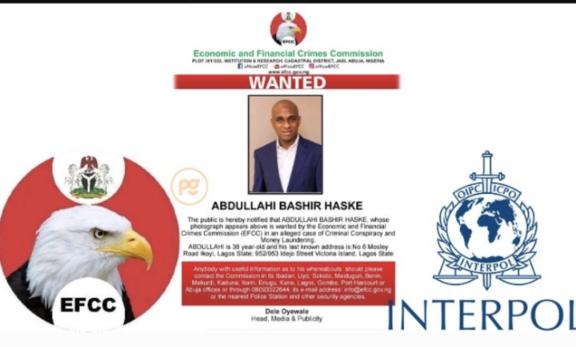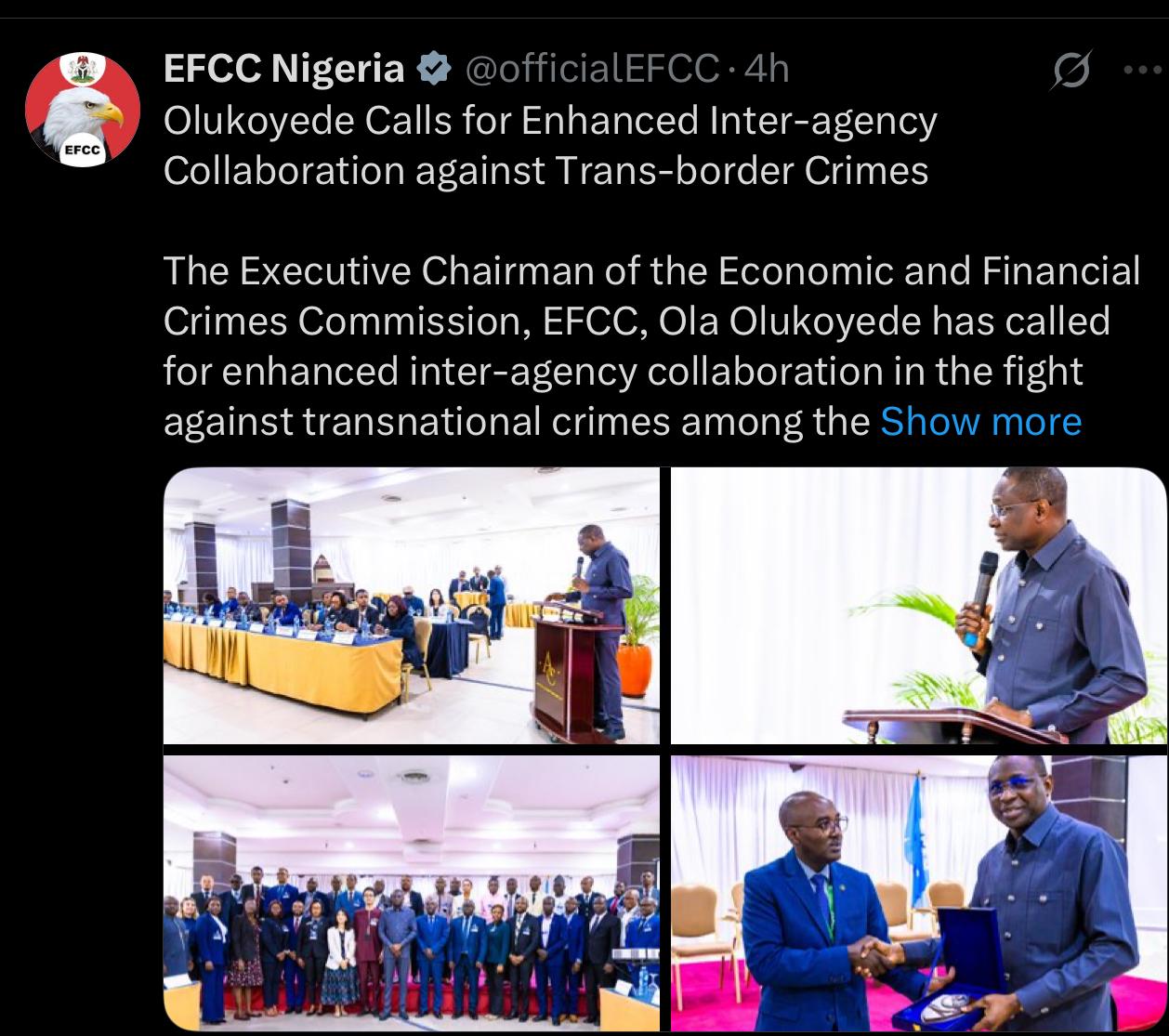4 African Countries Flagged for Cybercrime as Interpol Makes 260 Arrests.
Interpol has arrested 260 people in a crackdown on online fraud across Africa, with four countries identified as key hotspots for cybercrime.
The operation, called Operation Contender 3.0, took place between July 28 and August 11, 2025, and involved security agencies in 14 African nations.
This is a growing threat online
The sweep focused on crimes such as romance scams and sextortion, which have been on the rise across the continent.
These schemes trick people into sending money or intimate content, which criminals later use for blackmail. Investigators reported that victims lost about $2.8 million, with some funds recovered during the operation.
Authorities also dismantled 81 cybercrime infrastructures and seized more than 1,200 devices, including laptops, phones, forged IDs, SIM cards, and USB drives used by fraudsters. Interpol said the arrests show how online platforms are increasingly being exploited by criminal groups to target vulnerable people, causing both financial and emotional damage.
Four hotspot countries that stood out Although arrests were made across several countries, Ghana, Senegal, Côte d’Ivoire, and Angola were highlighted as major hubs where cybercrime networks were most active.
Ghana recorded the highest number of arrests, with 68 suspects taken into custody. Police also seized 835 electronic devices and traced $450,000 in losses linked to scams. Some $70,000 of this money was successfully recovered. Most of the schemes involved fake courier and customs stories used to trick victims into paying fees.
Senegal arrested 22 people accused of running a network that impersonated celebrities on social media. The suspects reportedly defrauded 120 victims of about $34,000. Police seized dozens of forged IDs, devices, and money transfer records.
Interpol has arrested 260 people in a crackdown on online fraud across Africa, with four countries identified as key hotspots for cybercrime.
The operation, called Operation Contender 3.0, took place between July 28 and August 11, 2025, and involved security agencies in 14 African nations.
This is a growing threat online
The sweep focused on crimes such as romance scams and sextortion, which have been on the rise across the continent.
These schemes trick people into sending money or intimate content, which criminals later use for blackmail. Investigators reported that victims lost about $2.8 million, with some funds recovered during the operation.
Authorities also dismantled 81 cybercrime infrastructures and seized more than 1,200 devices, including laptops, phones, forged IDs, SIM cards, and USB drives used by fraudsters. Interpol said the arrests show how online platforms are increasingly being exploited by criminal groups to target vulnerable people, causing both financial and emotional damage.
Four hotspot countries that stood out Although arrests were made across several countries, Ghana, Senegal, Côte d’Ivoire, and Angola were highlighted as major hubs where cybercrime networks were most active.
Ghana recorded the highest number of arrests, with 68 suspects taken into custody. Police also seized 835 electronic devices and traced $450,000 in losses linked to scams. Some $70,000 of this money was successfully recovered. Most of the schemes involved fake courier and customs stories used to trick victims into paying fees.
Senegal arrested 22 people accused of running a network that impersonated celebrities on social media. The suspects reportedly defrauded 120 victims of about $34,000. Police seized dozens of forged IDs, devices, and money transfer records.
4 African Countries Flagged for Cybercrime as Interpol Makes 260 Arrests.
Interpol has arrested 260 people in a crackdown on online fraud across Africa, with four countries identified as key hotspots for cybercrime.
The operation, called Operation Contender 3.0, took place between July 28 and August 11, 2025, and involved security agencies in 14 African nations.
This is a growing threat online
The sweep focused on crimes such as romance scams and sextortion, which have been on the rise across the continent.
These schemes trick people into sending money or intimate content, which criminals later use for blackmail. Investigators reported that victims lost about $2.8 million, with some funds recovered during the operation.
Authorities also dismantled 81 cybercrime infrastructures and seized more than 1,200 devices, including laptops, phones, forged IDs, SIM cards, and USB drives used by fraudsters. Interpol said the arrests show how online platforms are increasingly being exploited by criminal groups to target vulnerable people, causing both financial and emotional damage.
Four hotspot countries that stood out Although arrests were made across several countries, Ghana, Senegal, Côte d’Ivoire, and Angola were highlighted as major hubs where cybercrime networks were most active.
Ghana recorded the highest number of arrests, with 68 suspects taken into custody. Police also seized 835 electronic devices and traced $450,000 in losses linked to scams. Some $70,000 of this money was successfully recovered. Most of the schemes involved fake courier and customs stories used to trick victims into paying fees.
Senegal arrested 22 people accused of running a network that impersonated celebrities on social media. The suspects reportedly defrauded 120 victims of about $34,000. Police seized dozens of forged IDs, devices, and money transfer records.
0 Kommentare
·0 Geteilt
·481 Ansichten











